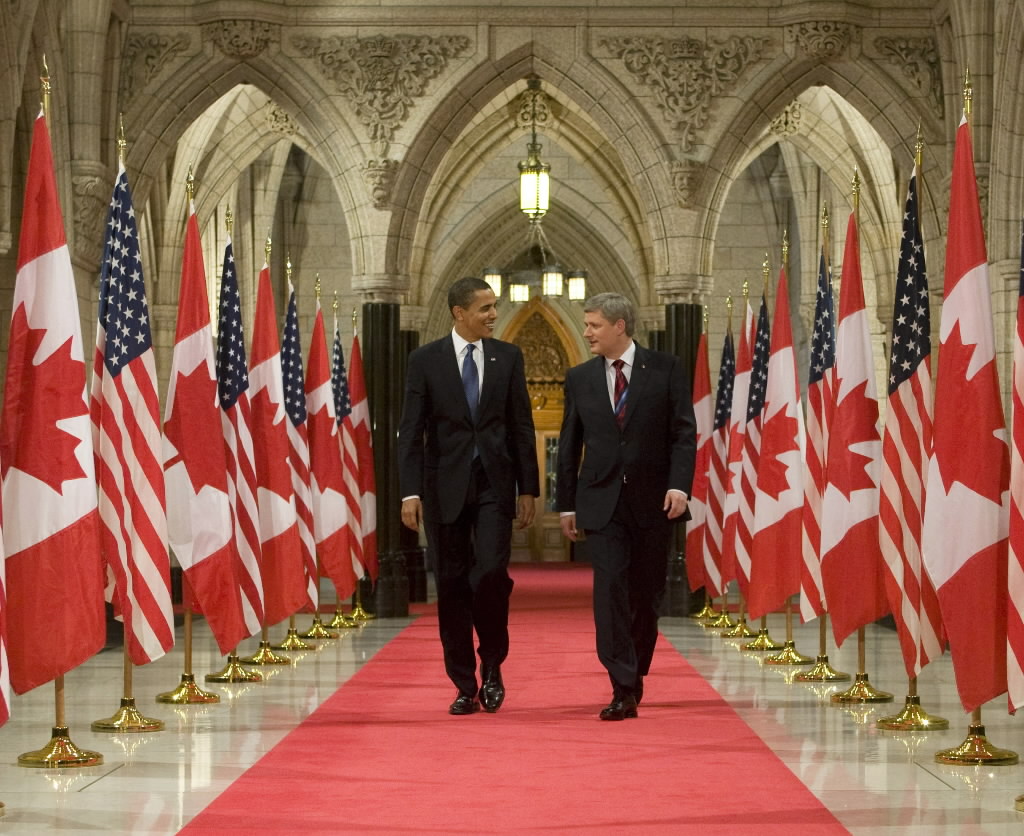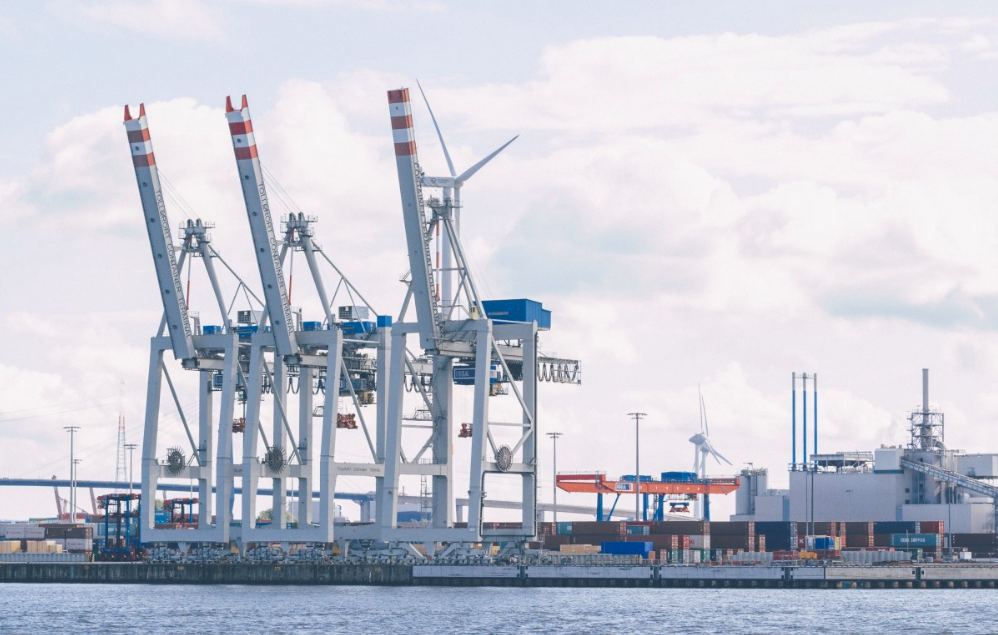Global temperatures are increasing, and the threat of climate change is is a widely discussed issue. Rising temperatures lead to rising ocean temperatures, ocean acidification, exaggerated natural disasters, loss of bio diversity and a countless number of other negative impacts. While the warning signs are already lit, governments are still lagging in their efforts to minimize the impact of climate change. As we ponder the economic downfall in cutting our greenhouse emissions, have we considered the cost of continuing to ignore climate change?
The Case for Hurricanes
The economic damage humans endure during hurricane season is undoubtedly hefty, and it continues to grow. While it is difficult to untangle the exact extent of the human impact in worsening the magnitude of hurricanes, the increase in hurricane activity is linked to rising sea surface temperatures. The rise of sea surface temperatures is expected to contribute to increased wind speeds, as well as the recurrence of intense storms, according to the Centre for Climate and Energy Solutions.
In the past year, the North Atlantic region was no stranger to the economic destruction caused by intense hurricanes. North Atlantic hurricanes are known to have increased in frequency, intensity and duration since the 1980s. The United States alone weathered $306.2 billion dollars worth of damages due to adverse climate events in 2017. The total cost of climate events in the US since 1980 is approximately a whopping $1.5 trillion.
Hurricane Maria devastated the Puerto Rican economy in 2017, destroying roads, infrastructure, homes and assets across the island. The combined economic impacts of both hurricanes Maria and Irma for Puerto Rico was an estimated $40 billion. Cyclone Pam wreaked havoc in the nation of Vanuatu in 2015, destroying livelihoods and displacing many. Adverse climate events have an especially negative impact on the tourism industry of these island nations, whose economies rely heavily on tourist revenues.
Climate refugees
Climate refugees is a term seldom used, yet it remains strikingly relevant today. Hurricane season periodically displaces people within the United States and along the Atlantic coast. 18 million people were displaced due to weather related incidents in 2017, with floods, storms and cyclones causing the most damage. Risk models suggest that on average roughly 2 million people a year will be displaced due to cyclones. The reality Is that natural disasters, exacerbated by climate change, is contributing to the creation of waves of refugees, temporary and otherwise. Many return to landscapes of chaos, in what was previously their homes, workplaces and livelihoods. As such, climate refugees are more likely to experience poverty, lack access to clean water and energy, and experience an overall drawback in economic activity.
Of all new internal displacements in 2017, 39 percent was caused by armed conflicts, while the larger portion of new internal displacements (61 percent) was from natural disasters. This puts into scale the sheer magnitude of climate refugees over the past year. Increasing our ability to deal with adverse climate events, as well as reducing the human effect in creating adverse climate events, is thus in need of more focus. Climate change is clearly happening, and taking action to prevent an array of negative externalities, such as exaggerated natural disasters, should not be postponed.
As climates fluctuate, countries will in the future experience extreme climate events such as droughts, hurricanes, floods and other natural disasters. In addition to the creation of climate refugees, climate change will thus cause competition over scarce and vital resources. Cape Town came strikingly close to experiencing a water crisis in 2018. Governments that will not be able to successfully overcome these challenges will find both an economic and humanitarian crisis on their hands.
The Paris Agreement
In a time when many seem to question the importance of both the domestic and international strides nations have taken to combat climate change, note that climate change is not without its consequences. The impacts of climate change are felt around the globe. The Paris Agreement makes headway towards fighting climate change. Article 2(a) of the Agreement aims to limit the rise of average global temperature to less than 2 degrees celsius above pre-industrial levels . That is to try to keep global temperature from rising over 2 degrees celsius from what it was prior to the industrial revolution.
While further efforts will undoubtedly be required to reverse the effects of human activity on our environment, the Paris Agreement is a start. The Agreement rests upon nationally determined contributions. In essence, each country develops its own strategy on how to reduce greenhouse gas emissions, rather than having a binding norm for all. Drawing upon the limitations of the Kyoto Protocol, the Paris Agreement encourages voluntary action plans from governments. For example, the French government committed to a climate plan in 2017, which includes developing clean mobility, removing greenhouse gas emitting vehicles from the market by 2040 and generating carbon free electricity. The Paris agreement provides a framework for leaders to understand and discuss the global need to limit greenhouse gases and encourages national action plans.
Of course, not all leaders share this view. Washington retreated from the Agreement, as it would be disadvantageous to American workers while benefitting other countries. President Trump has always been vocal in his support towards the coal industry. Combatting climate change, undoubtedly requires a shift towards renewable energy sources, a switch the Trump administration hesitates over the loss of jobs it would create. It should be noted, however, that while the transition would entail job cuts in certain industries such as coal, it also entails growth in others such as renewable energy. In fact, studies have shown that in the long term the effects of deteriorating environmental conditions would outweigh the cost of remaining in the Paris Agreement. As temperatures are allowed to soar unchecked, the cost of offsetting its negative consequences too soar along.
Climate change is a global problem and the effects of climate change do not discriminate by country or region. Undermining international efforts towards combatting climate change for short term economic gains, thus, does not make sense for our long term economic security.
Featured image: Storm surge during hurricane Eloise (2006), by the NOAA photo library via Wikimedia Commons. Public Domain.
Disclaimer: Any views or opinions expressed in articles are solely those of the authors and do not necessarily represent the views of the NATO Association of Canada.




